11 Activities Baby Boomers Should Avoid Doing Alone
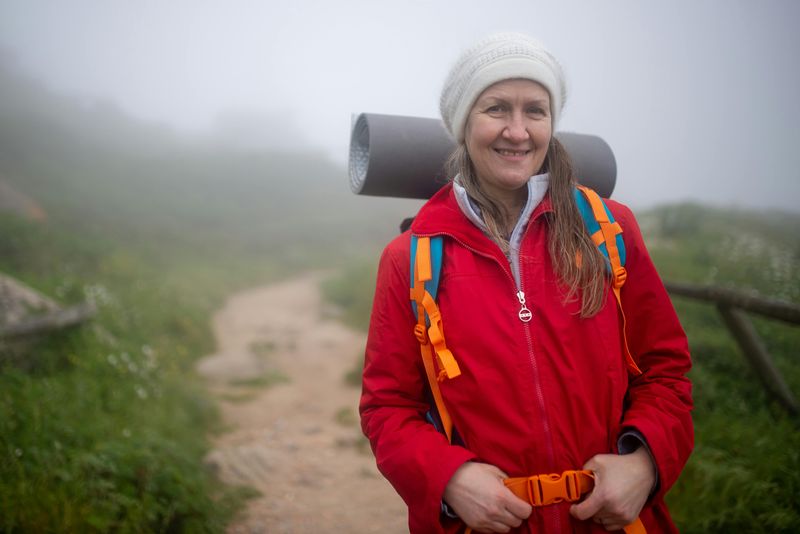
As we age, certain activities that once seemed routine can become riskier when done alone. For baby boomers, safety becomes increasingly important while maintaining independence. The buddy system isn’t just for kids at summer camp—it’s a smart approach for older adults tackling potentially hazardous tasks. Here’s a practical guide to activities that are better with company, ensuring you stay safe while enjoying your golden years.
1. Climbing Ladders or Stepping on High Stools
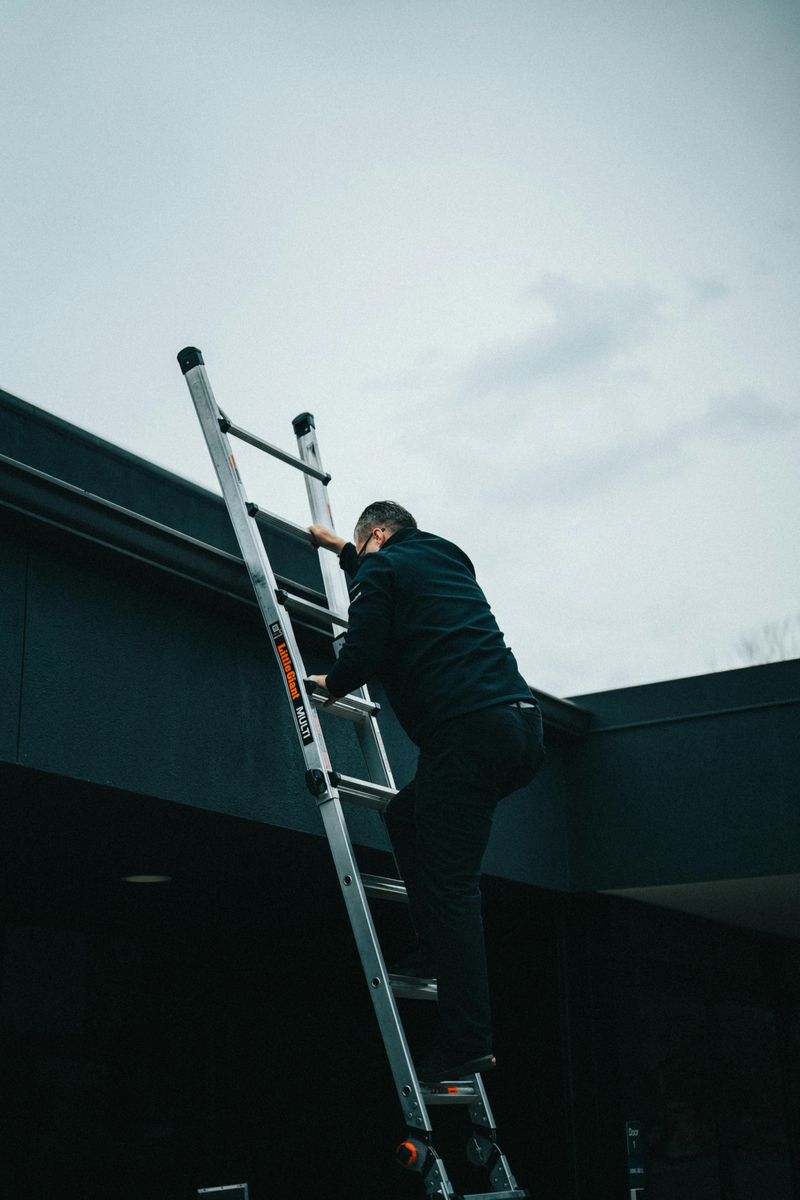
What once felt easy—like stepping up or reaching overhead—can become risky as balance shifts with age. Even festive tasks, such as hanging decorations or changing bulbs, carry the danger of a fall and a trip to the emergency room.
Having someone steady the ladder while you climb or hand you items from below reduces fall risk dramatically. Your helper can also ensure the ladder is properly positioned on level ground before you ascend.
Remember: most ladder accidents happen below 10 feet. Don’t risk a broken hip or worse—ask a family member, neighbor, or friend to spot you during these brief but risky moments.
2. Heavy Lifting or Moving Furniture

That antique dresser might need relocating, but your back isn’t as forgiving as it once was. Muscle strains, herniated discs, and even heart strain can result from attempting to move heavy objects solo.
Moving furniture requires proper technique and often more strength than one person can safely manage. What seems manageable can quickly become overwhelming when you’re halfway through the task.
Smart movers use dollies, furniture sliders, and most importantly, helping hands. Even with proper equipment, having someone to coordinate movements and share the load prevents injuries that could take months to heal.
3. Long-Distance Driving at Night

Night vision deteriorates significantly after 50. Road signs become harder to read, and judging distances gets trickier, especially in unfamiliar areas. Fatigue compounds these challenges when driving solo for hours.
Having a co-pilot means someone can help navigate, keep you alert with conversation, and take over driving duties when needed. They can also assist if unexpected situations arise, from sudden weather changes to mechanical problems.
For unavoidable solo night drives, consider breaking the journey into shorter segments with overnight stops. Your reaction time and vision will thank you, and you’ll arrive at your destination safely rather than stressed.
4. Swimming in Open Water

No matter your age, ocean currents, sudden depth changes, and cramps can catch you off guard. Yet, as recovery slows with time, even confident swimmers swimming alone in unguarded natural waters can find themselves in serious trouble.
A swimming companion provides immediate assistance if you experience difficulty. They can spot hazards you might miss and summon help quickly if needed.
Stick to supervised beaches or pools when possible, and always let someone know your swimming plans. Wearing a brightly colored swim cap increases visibility to boaters and rescuers—a simple precaution that could save your life during a water emergency.
5. Handling Power Tools or Machinery

Chainsaws, table saws, and other power equipment require quick reflexes and steady hands. Reaction time naturally slows with age, increasing the risk of serious accidents when operating dangerous tools.
A workshop partner can hit the emergency stop if something goes wrong, help position materials safely, and provide an extra set of eyes for precision work. They’re also invaluable if an accident occurs, potentially preventing a minor injury from becoming life-threatening.
Modern safety equipment helps, but nothing replaces having another person present. For particularly dangerous tools like chainsaws, professional services might be worth the investment to avoid unnecessary risks altogether.
6. Walking on Ice or Slippery Surfaces

A simple patch of ice can lead to devastating injuries for older adults. Hip fractures from falls remain one of the most common reasons seniors lose independence, yet many still venture alone across icy parking lots or slick sidewalks.
Walking arm-in-arm with a companion provides crucial stability on treacherous surfaces. You’ll have immediate support if you start to slip and someone to help if a fall does occur.
Invest in proper footwear with excellent traction for winter conditions. Consider using walking poles for additional stability, and don’t hesitate to ask for an arm to lean on—pride isn’t worth a broken bone that could affect your mobility for months.
7. Hiking in Remote Areas
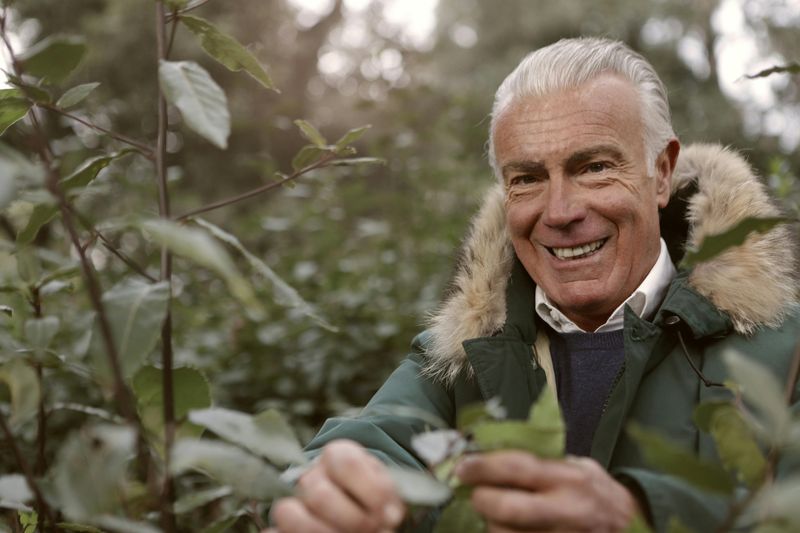
For retirees, the call of the wild is irresistible—but venturing onto isolated trails carries its own hazards. With unreliable cell reception, fast-changing weather, and help hours away, preparation is essential.
Hiking partners provide immediate assistance for everything from minor sprains to serious medical emergencies. They can go for help while you rest or help navigate when trail markers become confusing.
If you must hike alone, stick to popular, well-marked trails and always share your detailed plans with someone reliable. Carry a whistle, first aid supplies, and consider a personal locator beacon for truly remote adventures—technology that can summon rescue services even without cell coverage.
8. Traveling to Unfamiliar Places Abroad

While foreign adventures enrich the soul, they also introduce risks—especially as navigating healthcare, communication, and transport gets tougher with age. Medical emergencies abroad can turn complex and expensive in no time.
Travel companions share the mental load of planning, provide assistance during stressful situations, and offer crucial help if health issues arise. They can communicate with doctors if you’re incapacitated or handle logistics while you recover.
Group tours designed for seniors offer another safe alternative to solo travel. These provide built-in companions plus guides familiar with managing older travelers’ needs in foreign locations, combining adventure with appropriate safety nets.
9. Home Repairs Involving Electricity
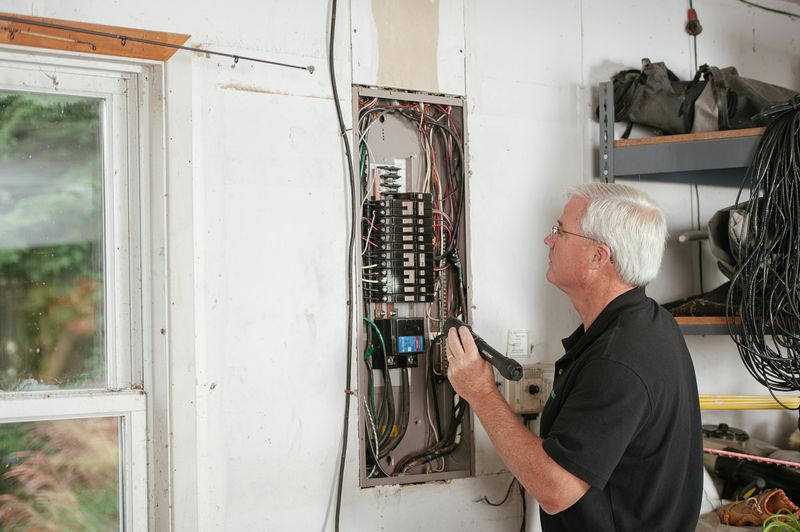
Tackling electrical work isn’t for the careless—precision and safety are paramount. Even basic repairs, such as swapping out outlets, carry serious risks if mistakes are made.
Having someone present means someone can shut off power at the breaker box in an emergency. They can also read instructions while you work or shine a flashlight in dark spaces, reducing the chance of mistakes.
For anything beyond changing a light bulb, consider hiring a licensed electrician. The cost pales in comparison to medical bills or home repairs after an accident. If budget concerns make DIY necessary, always have someone with you who knows how to cut power and call emergency services.
10. Gardening with Heavy Equipment
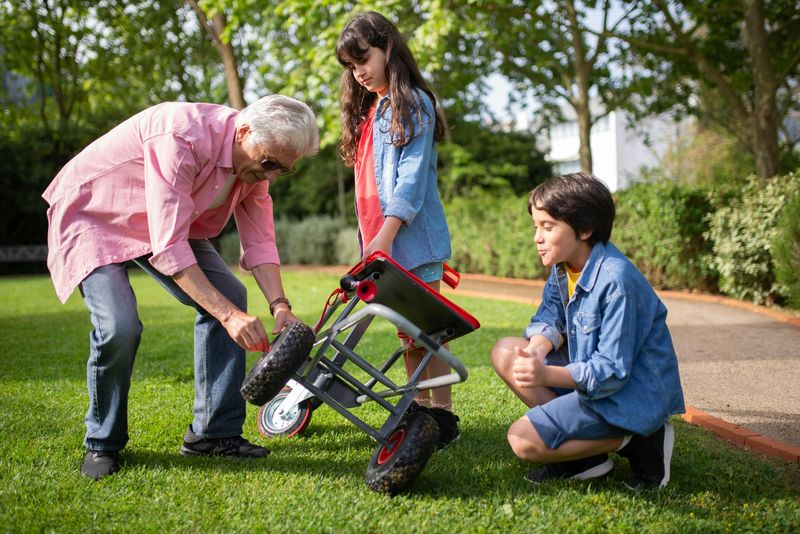
While tending your garden offers excellent exercise, using powerful equipment like chainsaws, tillers, and heavy-duty trimmers carries significant risks. Controlling these tools requires strength and care—any slip or failure could result in serious harm.
A gardening partner can help manage equipment, clear debris as you work, and respond quickly if accidents happen. They provide an extra set of hands for awkward tasks like managing long extension cords or stabilizing ladders for tree trimming.
Consider breaking large gardening projects into smaller tasks spread over several days. This approach reduces fatigue that leads to accidents and gives you time to arrange help for the more challenging aspects of yard maintenance.
11. Attending Stressful Medical Appointments
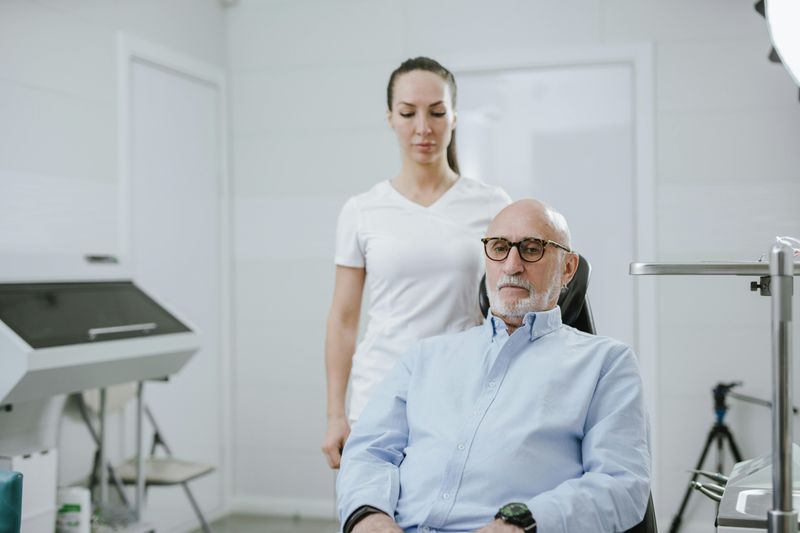
Medical visits involving serious diagnoses or complex treatment plans overwhelm even the sharpest minds. Stress and anxiety can make it difficult to process important information or remember to ask critical questions.
A trusted companion serves as a second set of ears, taking notes and helping you recall details later. They can ask questions you might forget and provide emotional support during difficult conversations with healthcare providers.
They can also help with practical matters like transportation, especially if you might receive sedation or troubling news that could affect your ability to drive safely. This support ensures you get home safely and have someone to discuss treatment options with afterward.

Comments
Loading…